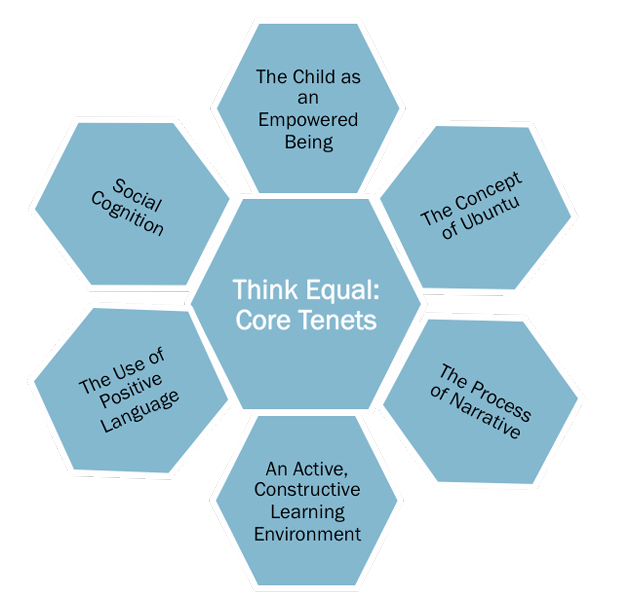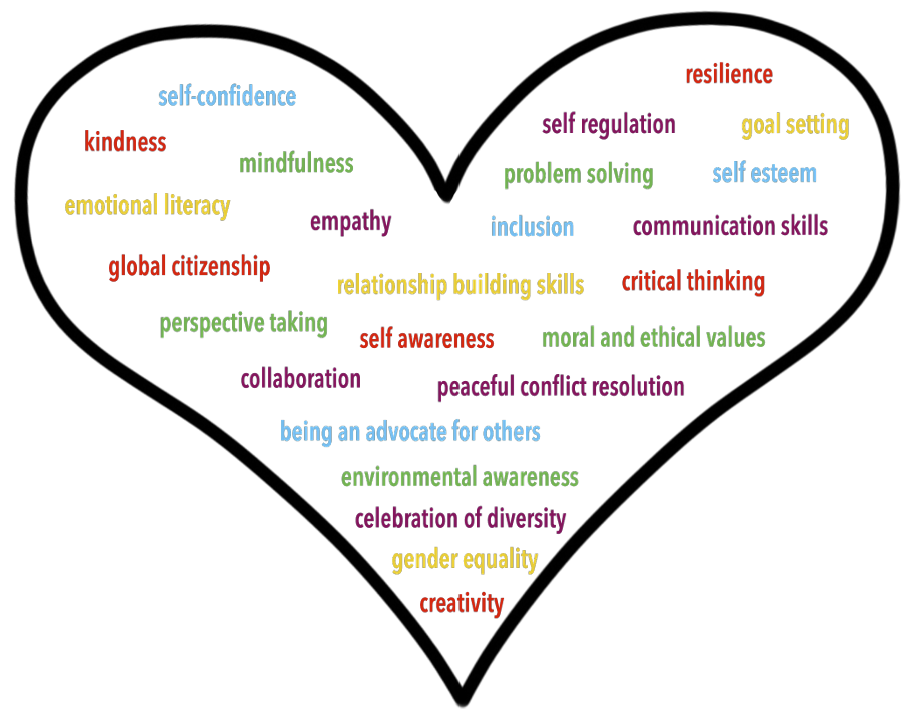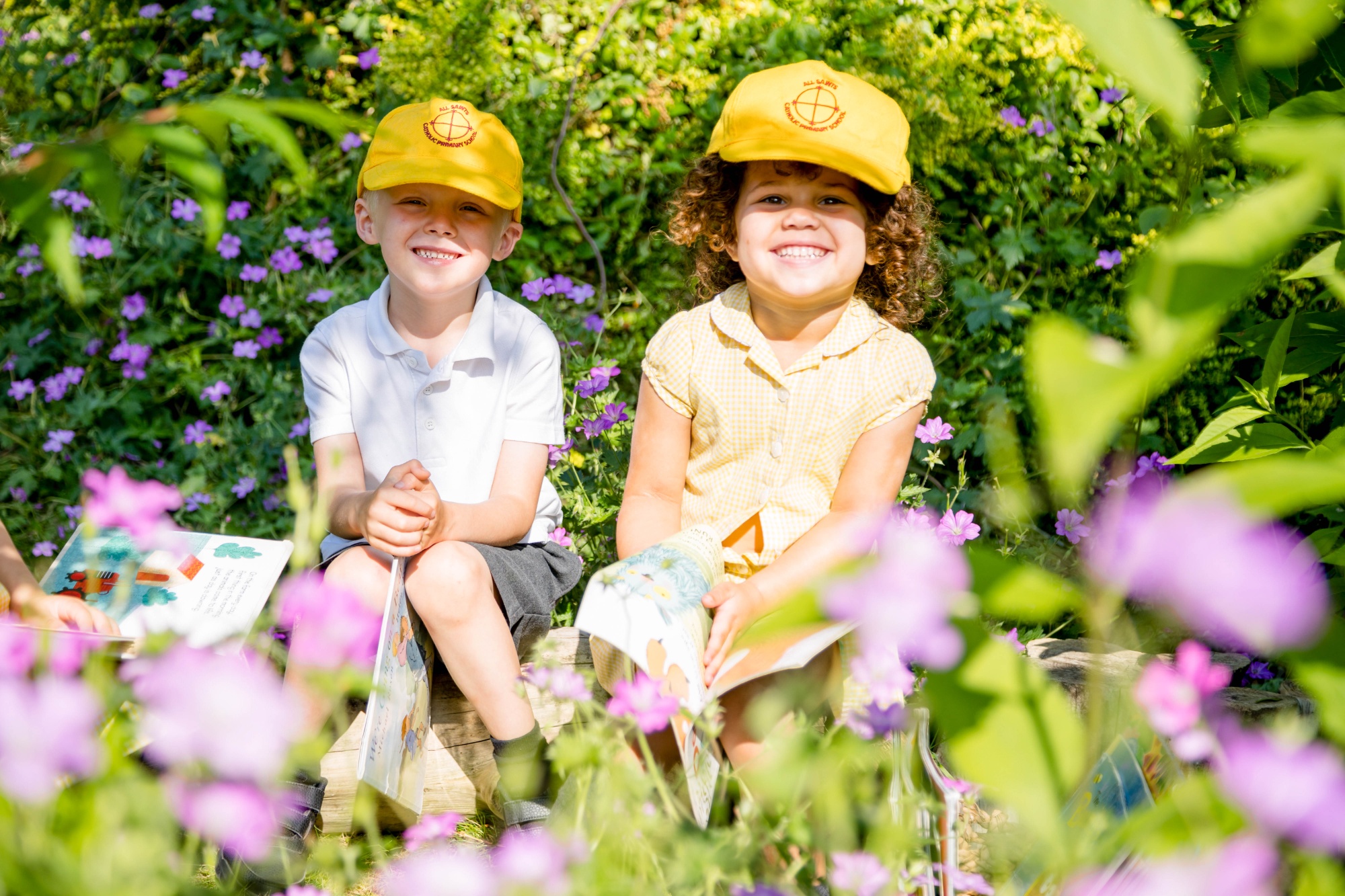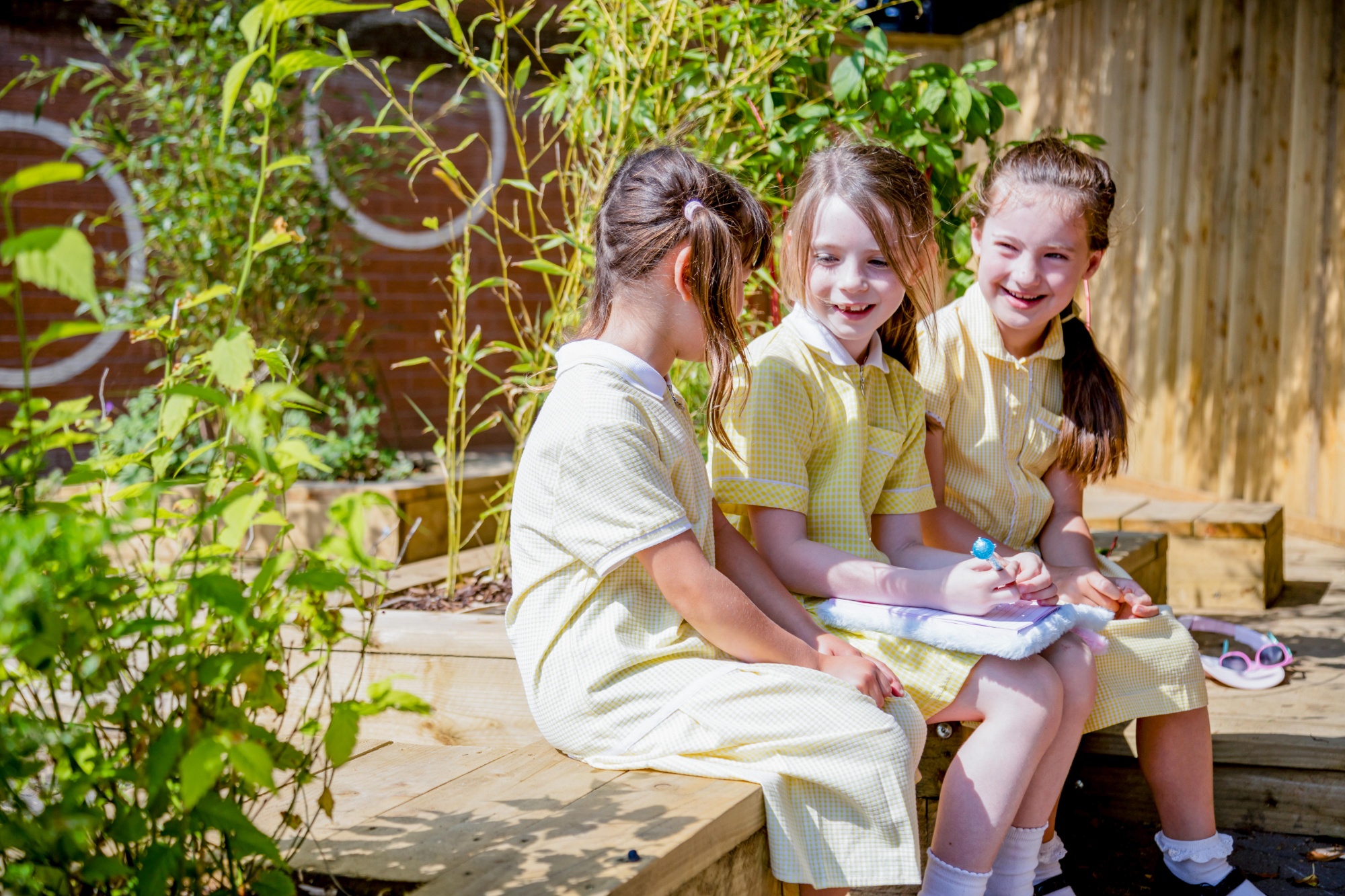PSHE
Living our Faith, Learning in Love
Overview
At All Saints RC Primary, we teach Personal, Social, Health and Economic (PSHE) education because it is essential for understanding and developing the knowledge, skills and attributes children need to manage their lives, now and in the future. Children learn to respect themselves and each other, value diversity and celebrate differences. They learn skills to maintain healthy friendships and relationships. They learn how to manage their feelings and emotions and develop a good sense of wellbeing. Our aim is to ignite the children’s curiosity to learn how to keep themselves safe and healthy, physically and mentally.
Curriculum Intent
At All Saints’ RC Primary our PSHE curriculum is designed to empower pupils to make informed, positive decisions about their lives, health, relationships, and wellbeing. The whole school long-term plan is carefully organized using and adapting Think Equal in the Early Years and Kapow Primary PSHE scheme of work from year 1 to year 6 to ensure full coverage of Development Matters and the National Curriculum. The knowledge and skills developed in the Early Years and at each Key Stage provide a solid foundation for future learning both within primary school and beyond.
Think Equal and Kapow’s structured and progressive approach allows teachers to tailor lessons to meet the needs of their pupils while ensuring consistency and high standards across all year groups. Our PSHE progression maps of both knowledge and skills provide clear and specific learning objectives to ensure that the knowledge is embedded in the children’s learning.
The intent of our PSHE curriculum is to:
- Promote Wellbeing: Equip pupils with the knowledge and skills to manage their mental and physical health, promoting overall well-being and emotional resilience.
- Build Positive Relationships: Foster respectful, healthy relationships, where pupils develop empathy, understanding, and communication skills.
- Prepare for the Future: Provide pupils with the tools to become responsible citizens, make informed decisions, and prepare for future opportunities and challenges.
- Ensure Inclusivity: Create an environment where every pupil feels valued, supported, and empowered, regardless of background or ability.
- Support Personal Development: Enable pupils to develop self-awareness, confidence, and a strong sense of identity.
Curriculum Implementation
The PSHE curriculum is implemented using the Think Equal and Kapow schemes of work, which offer a structured, progressive framework, in line with Development Matters and the National Curriculum. To support the delivery of PSHE and to ensure that pupils are equipped with the skills they need for their future lives, we use a variety of strategies, including:
- Long Term Plans which provide an overview of all units, progressing from simple concepts in the Early Years and Key Stage 1 to more complex ideas in Key Stage 2. Topics are revisited at increasing levels of depth, allowing pupils to consolidate their understanding and develop skills over time.
- The curriculum for Early Years is structured around 6 core tenets with 25 key social-emotional learning outcomes. These outcomes serve as the foundation of the program’s lessons, narrative books and teaching.


- The curriculum for KS1 and Key Stage 2 is structured around three key themes:
- Health and Wellbeing: Topics include emotional regulation, mental health, healthy eating, and physical activity.
- Relationships: Includes lessons on friendship, respect, consent, and managing conflicts.
- Living in the Wider World: Covers topics such as responsibility, rights, environmental awareness, and the world of work.
- Lessons are designed to be interactive and engaging, using group discussions, role-playing, case studies, and creative activities. This approach ensures that pupils can relate the topics to their own lives.
- Vocabulary – revision and introduction of vocabulary is identified in our ‘Vocabulary Progression Map’ Vocabulary will be introduced and revisited in every lesson
- Quiz / Knowledge Recall Teachers will devote between five and eight minutes at the start of a lesson, to review previous learning. (Rosenshein’s 10 Principles of Instruction)
- Mind Mapping - mapping to help children retain knowledge taught, it can help improve memory. The mind maps will also help teachers complete their Teacher Assessment.
- Books and Internet – Children will have access to a range of non-fiction books in the class reading area and the school library. iPads and laptops will be available for children to carry out research and present their research findings.
- Information is shared with the school community through the school website, Facebook and Instagram.
- Parents are kept informed about the topics being covered in PSHE and encouraged to support learning at home. The school also engages with external agencies, such as local charities or health professionals, to enhance the learning experience.
Curriculum Impact
The PSHE Curriculum at All Saints’ RC Primary will help pupils to develop a strong understanding of their own self-awareness, self-esteem, and emotional intelligence. Enabling pupils to show greater confidence in managing their emotions, communicating with others, and making decisions. Pupils develop strong, respectful relationships with peers and adults, helping pupils to show an understanding of key concepts such as empathy, consent, and conflict resolution. Pupils learn about healthier lifestyles and therefore begin to make informed choices regarding their physical health, mental wellbeing, and personal safety. Pupils demonstrate a sense of responsibility for their own actions and show an understanding of their rights and duties as members of a community. They contribute positively to school life and are prepared to face challenges and opportunities in later life. Through this structured and engaging approach, the PSHE curriculum, supported by Think Equal and the Kapow scheme of work, ensures that pupils are well-prepared for life’s challenges and responsibilities, both in school and beyond.
Assessment
Assessment for Learning is an integral part of teaching and learning and is built into the planning of learning outcomes. Teachers formatively assess pupils’ understanding through questioning, discussions and outcomes in PSHE books. Assessment is tracked on Insight termly. Progress and development of pupils within the EYFS is assessed against the early learning goals outlined in the Statutory Framework for the Early Years Foundation Stage and Development Matters Framework.

Early Years - Think Equal
In line with the Development Matters guidance, our Early Years covers prerequisite skills for PSHE within the topic Personal, Social and Emotional Development with the support of the Think Equal scheme of work. Children are prepared for Year 1 by learning specific skills and knowledge as the foundation for future learning. Communication and language are key to developing children’s understanding of themselves and the world around them, so to enhance this, we use books, pictures, discuss experiences and talk about familiar situations. Carefully planned provisions enhance the understanding of new vocabulary and develop an understanding of who they are.
Special Educational Needs (SEND)
All Saints’ Catholic Primary School, our aim is for all children to have access to a broad and balanced curriculum, meeting their educational, emotional, social and spiritual needs. All children will have Quality First Teaching, encouraging all pupils to reach their full potential through varied provisions and adaptive teaching. Teachers use a range of strategies in line with the school’s SEND policy to ensure accessibility of the curriculum and provide appropriate challenges tailored to individuals’ needs.

Where is God in Our PSHE?
At All Saints’, our Personal, Social, Health and Economic (PSHE) education is rooted in the Catholic teaching that every person is created in the image and likeness of God. This belief underpins our approach to supporting children in recognising their own dignity, valuing themselves and developing the skills necessary to form positive, healthy relationships.
As a Catholic community, we are committed to providing a PSHE curriculum that supports the spiritual, moral, social, emotional and cultural development of all pupils. In doing so, we help them to grow in faith, to recognise their God-given dignity and to live out their calling in the world.
Revised and adopted by the Governing Body Date – September 2025
Review Date - September 2026
